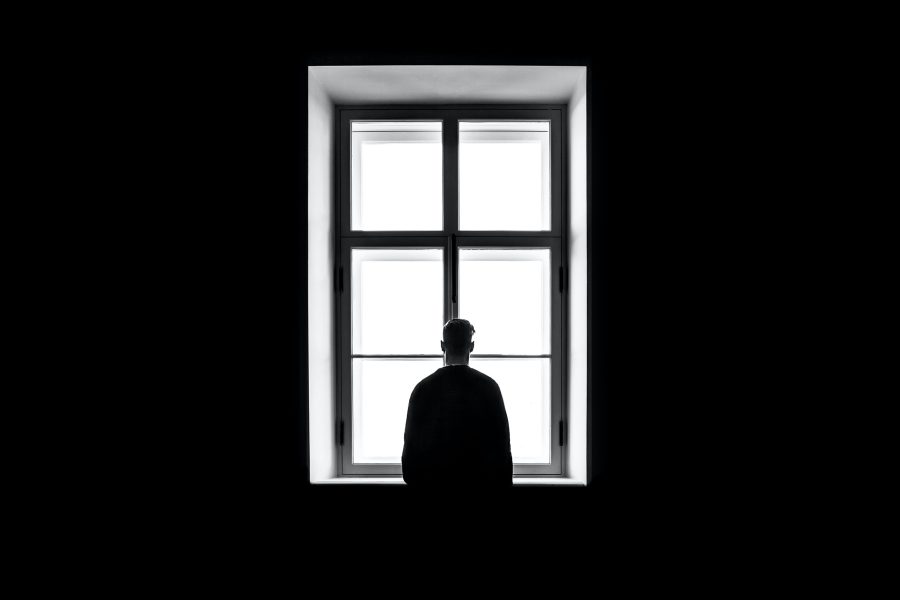Written by Emily Ramm – YMCA Crewe’s Mental Health First Aider
As we are all individuals, our experiences of loneliness are personal and unique. It may be that a person has lots of social contact but still feels isolated, or it could be that personal circumstances such as the pandemic have changed our opportunities for meaningful interactions with others. Loneliness is something which can affect anyone at any point in life and can be a difficult thing to admit to others that we are feeling.
Individuals who are struggling with their mental health could feel lonely, for example, if their mental health stops them from doing certain things, they are worried about stigma, or feel that they are not understood. Equally loneliness can impact on our mental health and well-being, particularly if the feelings have been ongoing over a long period of time.
One of the ways to help with feelings of loneliness is to share our feelings with others. Having a good support network can be very helpful when we are struggling to cope as it can help us to build resilience. When we are more resilient, we can better cope in stressful situations. It means we have others we can go to, to ask for help, whether it be emotional support or practical help. It may also be an opportunity to get another person’s point of view, encourage further discussion and it can help us to release tensions which can lower our stress levels.
Talking to others can help us to make sense of our feelings and when others listen and are non-judgmental it can help us to feel we are understood. When we feel supported, we are better able to support others and sharing our thoughts, feelings or experiences with others can encourage others to do the same. Being kind, empathetic, supportive, and giving to others, also benefits our own well-being.
As we are all individuals, the way we connect with others, and our opportunities to connect, will differ depending on our preferences and personal circumstances. However, whether we are connecting with others through professional talking therapies, confiding in our close family and friends or supporting others, for example through befriending services or volunteering, the importance of connecting with others benefits everyone.
We can make connections with others through shared interests, our personalities, experiences, sense of humour, or many other ways and it can give us a sense of belonging and purpose. When we make these connections with others it can help us to feel valued and contribute towards our self-esteem. However, for those of us who are experiencing loneliness, taking the first steps to make connections with others can be daunting. The Mental Health Foundation and the NHS websites below offer tips and advice for people who are feeling lonely along with suggestions of different ways we can connect with others.
15 things to do if you’re feeling lonely | Mental Health Foundation
Loneliness – Every Mind Matters – NHS (www.nhs.uk)
(Emily Ramm is our Mental Health First Aider. If you would like to arrange a chat with Emily about your own Mental Health, or your concerns for a friend or relative, visit










